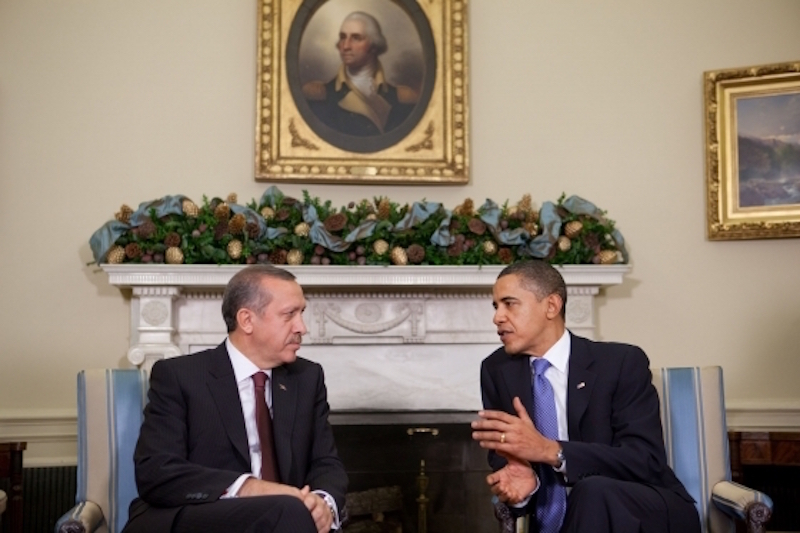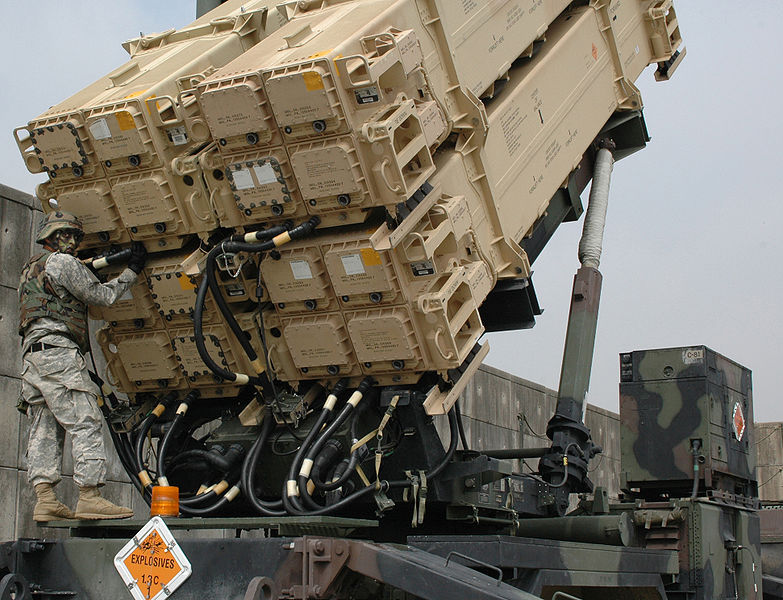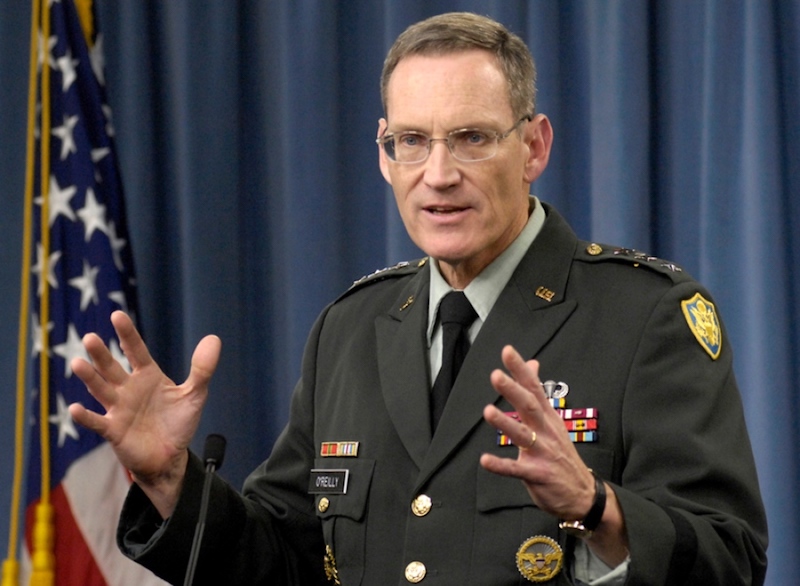In 1947, when US Congress designated Turkey as a recipient under the provisions of the Truman Doctrine, a gallant stride in international relations was made. The predominantly Christian US and the predominantly Muslim Turkey began what was often touted as a ‘model relationship’ that was mutually beneficial. Through the doctrine, Turkey received special, economic and military assistance intended to help resist threats from the former Soviet Union. Over the next five decades, Turkey became a strong regional ally and progressed to become a member of NATO in 1952. Turkey currently maintains a steady working relationship with the US via international organizations. It shares its memberships in NATO, OECD, OSCE and the G-20. Despite such deep ties, their unique relationship began dwindling in 2003 when Turkey opposed the 2003 US Invasion of Iraq, and differences in their opinions in the following years precipitated the matter.
Democracy unnoticed
Turkey’s failed coup on the night of July 15 2016, was a significant moment in the history of democracy. Allegedly plotted by Gulenists (the followers of Fethullah Gülen who currently lives in the US), the coup was orchestrated as a violent takeover of the Turkish government and cost the lives of close to 300 people. Due to the effective resistance of the Turkish people, President Erdogan returned to power. Whatever the coup-plotters’ ideologies may have been, they lost in their attempt to overthrow a democratic government. Normally such an event in a NATO member country, which is also the second largest contributor of military resources would invoke strong sentiments of support from its allies. Turkey, however, received too little too late and has clearly noticed the silence from its allies.
The Gulen factor
When US Secretary of State John Kerry rebutted Turkey’s request to extradite Gulen due to lack of tangible evidence proving Gulen’s coup involvement, the relationship was further frustrated. While it is perfectly legal and appropriate for US to require proof before extraditing a person on its soil, the timing of it echoed anti-Erdogan rhetoric that was already prevalent. Prior to the coup, President Erdogan was criticized for being authoritarian due to his clampdown on media outlets suspected of being pro-Gulen. Two members from US Congress even tweeted the following: “Good news of the day: Military attempting to oust Turkish dictator” and “Military takeover in Turkey will hopefully lead to real democracy – not Erdoğan Authoritarianism”. Such open statements from US officials only proved that at least some members in the government hoped for the success of the hostile takeover. As a reaction to the failed coup, President Erdogan’s large scale purges to cleanse Gulenists in the military, civil service, private sector, judiciary and even education led to more rumours of his becoming a dictator. This was mainly due to the fact that these arrests were based on suspicion as opposed to corroboration. Perhaps, these seemingly undemocratic stories reported from Turkey, apart from the workmanship of Gulen in convincing an elite diaspora in the US government against President Erdogan, contributed to this image.
The Kurdish factor
More recently, the Kurdish fighters’ alliance with the US as part of Kurdish-aligned Syrian Democratic Forces (SDF) has become irksome to Turkey. Turkey’s long-standing issues with its significant Kurdish (18% acc. World Factbook) population is well documented. During Operation ‘Euphrates Shield’, which began on August 24 2016, Turkey’s military campaign instigated political skirmishes from the US for targeting Kurdish fighters. Since the SDF is supported by Washington in its bid to defeat the jihadists, US wasn’t pleased with Turkey’s disregard of its alliance. However, Turkey defended its actions by citing that it was protecting its borders from the Kurdish-dominated militia YPG who they regard to be an extension of PKK, a group designated terrorist in Turkey. Even with both sides finding validation for their actions, Turkey’s decision to not pay any heed to US’ request to keep the fight specifically to the self-proclaimed Islamic State (IS, Read:Islamic State of Iraq and the Levant), and not towards the Kurds shows a strong change in Turkey’s character. Perhaps, President Erdogan’s new found position as the leader of a country fighting a three-pronged war against IS, coup-plotters and Kurds wanting to establish their own State could suffice as a possible reason.
Necessity for common ground
While the politics of the current situation seems to be spiralling quickly, it is yet to be seen if Turkey will further distance itself from the West than what is seen now. From a Western perspective, the regional presence and power of Turkey is undeniably crucial in the fight against IS. While it is noteworthy that Turkey is openly expressing its disenchantment with US over its actions, or the lack of in the past few months, it stands to gain more by working with its allies to defeat IS. Despite stepping on US’ military strategy, it is clear that Turkey is trying to solve the two problems of IS and Kurds with one effort. Ideally, Turkey shouldn’t want to get into a warring position with the US, especially not when groups like IS or nations like Russia will start to take advantage of the friction between these two States. Recent reports of Turkey joining forces with the US to invade IS’ de-facto capital Raqqa can be seen as a step in the right direction. While a full-fledged reconciliation is far away, the desire to defeat IS together if only in a small way shows solidarity in the fight against IS.
From a political, economic and military standpoint, it would be advantageous for both US and Turkey to settle their issues diplomatically in order to find some sort of appeasement, sooner rather than later.
Photo:Turkish Prime Minister Recep Tayyip Erdogan and President Barack Obama in the Oval Office,(2009), by U.S. Federal Government via Wikimedia
Disclaimer: Any views or opinions expressed in articles are solely those of the authors and do not necessarily represent the views of the NATO Association of Canada.




